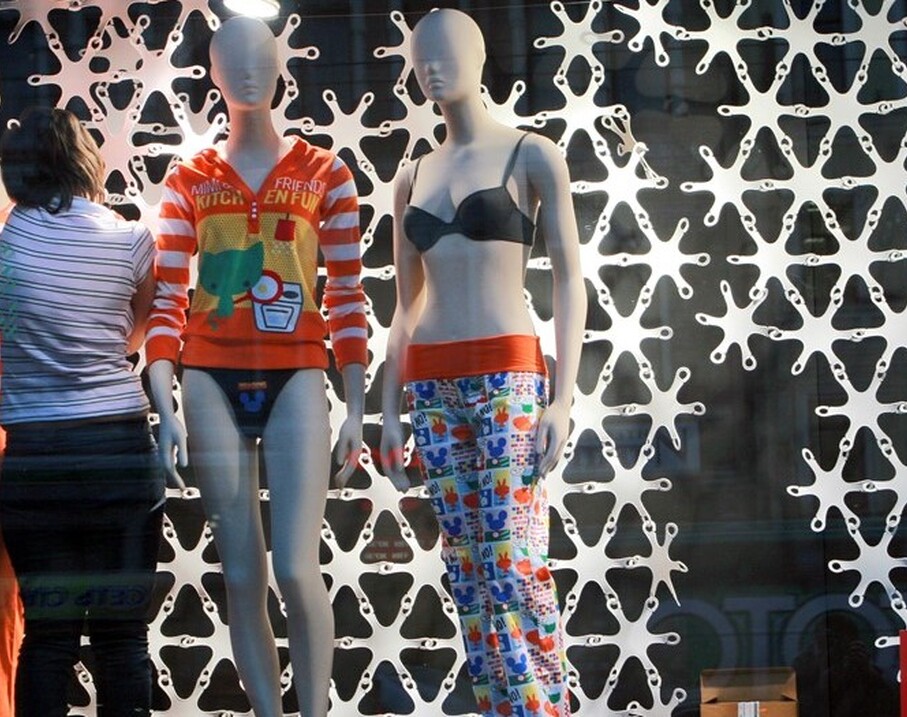
Starting from March 1st, according to Resolution No. 883 of the Russian Federation government, the list of light industry goods subject to mandatory labeling will be expanded. Gloves, underwear, and hosiery will now be included in the list, alongside footwear and outerwear.
Representatives of SMBs have repeatedly discussed the difficulties they have faced during previous stages of labeling. However, the government and the "Honest Sign" labeling operator have consistently emphasized the effectiveness of the system in reducing counterfeit goods.
In 2024, the Chairman of the Small Business Support Association, Yanina Tikhonova-Grishina, commissioned research from MGU on the impact of labeling on SMBs in the light industry. The results of this study were intended to be presented to entrepreneurs and government officials at a thematic conference. However, the university stated that the research was conducted by a private group of experts and should not be considered an official position of the university and faculty.
Sellers and producers of clothing in St. Petersburg have expressed widespread dissatisfaction with the labeling. According to MGU representatives, the estimates, forecasts, and recommendations have a probabilistic and hypothetical nature and require further investigation.
One of the most acute problems is the presence of unmarked goods in the market. Small shop owners are accustomed to purchasing such goods from wholesale markets, and the authorities argue that businesses should adapt and find alternative supply channels.
The director of the Department of Digital Labeling of Goods and Legalization of Product Circulation at the Russian Ministry of Industry and Trade, Vladislav Zaslavsky, has reported that 43.5 million violations were identified in the implementation of goods in the fashion industry in 2024. Around 1 million of these violations occurred in St. Petersburg.
According to the head of the Public Council at Rospotrebnadzor, Oleg Pavlov, the majority of violations are committed by individual entrepreneurs (IP), accounting for more than 85% of cases. Currently, there are almost 266,000 participants in the labeling system in the light industry, of which 82% are individual entrepreneurs. In St. Petersburg, IP account for 61% of participants.
The operator "Honest Sign" has developed support measures for entrepreneurs, including training and sending engineers across Russia to help businesses solve problems.
The conference discussed the difficulties that businesses have encountered in implementing labeling. Yanina Tikhonova-Grishina noted that representatives from "Honest Sign" and government structures were invited to participate in the conference.
The implementation costs associated with labeling have been a major concern for businesses. Owners have expressed frustration that they are expected to bear these costs themselves without receiving any compensation. The variety of organizations that continue to operate without labeling also raises questions about fair competition. Additionally, when a product is returned by a customer and not properly reflected in the "Honest Sign" system, it can create additional administrative burdens for businesses.
Store owner Ekaterina Kuzina estimated that the average expenses for implementing labeling in her business ranged from 50,000 to 250,000 rubles. She had difficulties setting up the system and experienced sales deviations on a daily basis. However, with the help of "Honest Sign" engineers, the issues were resolved in two hours. This process should not be a burden for millions of entrepreneurs, she argued.
Irina Mironova, the director of Lady Charm LLC, agreed that the costs of working with labeling are indeed high. She questioned why businesses are expected to bear these costs without receiving compensation and raised concerns about the lack of fair competition due to the presence of unmarked goods in the market.

















